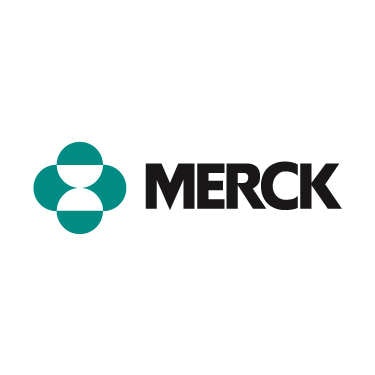The healthcare sector has been known for paying dependable dividends and producing strong total returns over time. Among the major pharmaceutical companies, there are a few that stand out as most financially sound, as reflected by their CDS spreads below those of the U.S. Treasuries.
This is the second part of our list; the first section included Bristol Myers Squibb Co. (NYSE:BMY), Eli Lilly & Co. (NYSE:LLY), and Johnson & Johnson (NYSE:JNJ).
Why use CDS spreads?
A credit default swap is essentially like a form of insurance, that two parties can swap between one another for protection against default. When we talk about CDS spreads, we simply mean the amount of “protection” the buyer most pay the seller for taking on its risk of a debt default. The spread is denominated as the percentage of the face value that makes up a CDS’s premium. The lower the spread, the lower the premium, and less risky a buyer is. Searching for low CDS spreads is one method investors can use to parse the market down into companies with the lowest risk profiles.
Merck & Co., Inc. (NYSE:MRK), the world’s third-largest drugmaker, pays the highest yield among the six featured stocks. Its current yield is 67 basis points below its five-year average yield. Like its peers, Merck & Co., Inc. (NYSE:MRK) has also experienced a fall in revenues and profitability due to its patent cliff, as its once-biggest selling drug, Singulair, for the treatment of asthma, lost its exclusivity in 2012. However, going forward, the company’s revenues will be supported by the sales of Merck’s other drugs and treatments, including Januvia, Janumet, Gardasil, and Isentress. Merck & Co., Inc. (NYSE:MRK)’s long-term growth potential is significant, based on a slew of new treatments, including those for osteoporosis (Odanacatib), atherosclerosis, thrombosis, and hepatitis C virus.
The company also has a new product under review for insomnia (suvorexant), which could have blockbuster potential. This month, FDA designated Merck’s experimental cancer drug lambrolizumab a “breakthrough therapy,” implying fast-track development and review. Merck & Co., Inc. (NYSE:MRK) is attractively valued, boasting a forward P/E of 13.2x and a price-to-book at the lower end of its historical valuation. The company has paid dividends since 1969. Last quarter, Adage Capital held more than $150 million in Merck. It’s always important to track hedge fund sentiment, because it can beat the market by 18 percentage points a year.
Novartis AG (ADR) (NYSE:NVS) a Swiss multinational drugmaker, also offers an attractive yield that is about 30 basis points above the company’s average over the past five years. Novartis AG (ADR) (NYSE:NVS) is pursuing a robust pipeline of new drugs to mitigate the anticipated sales drop due to generic competition for some of its top-selling drugs, such as antihypertensive treatment Diovan and cancer treatment Femara.
By 2017, the company plans to release 14 or more new blockbuster drugs to treat cancer, heart, and respiratory diseases. Its advanced breast cancer drug Afinitor, also approved for kidney and lung cancer, could hit sales of $2 billion within five years. Among the promising new treatments is also Novartis AG (ADR) (NYSE:NVS)’ LDK378 compound, which the U.S. FDA recently designated a “breakthrough therapy” for the treatment of a type of non-small cell lung cancer.
Among the not so flattering developments are two recent civil-fraud lawsuits filed against Novartis AG (ADR) (NYSE:NVS) for giving discounts and rebates to pharmacies and multimillion kickbacks to doctors who prescribed its drugs. Novartis AG (ADR) (NYSE:NVS) is trading at 14.5x forward earnings. The stock is popular with billionaire Ken Fisher.

